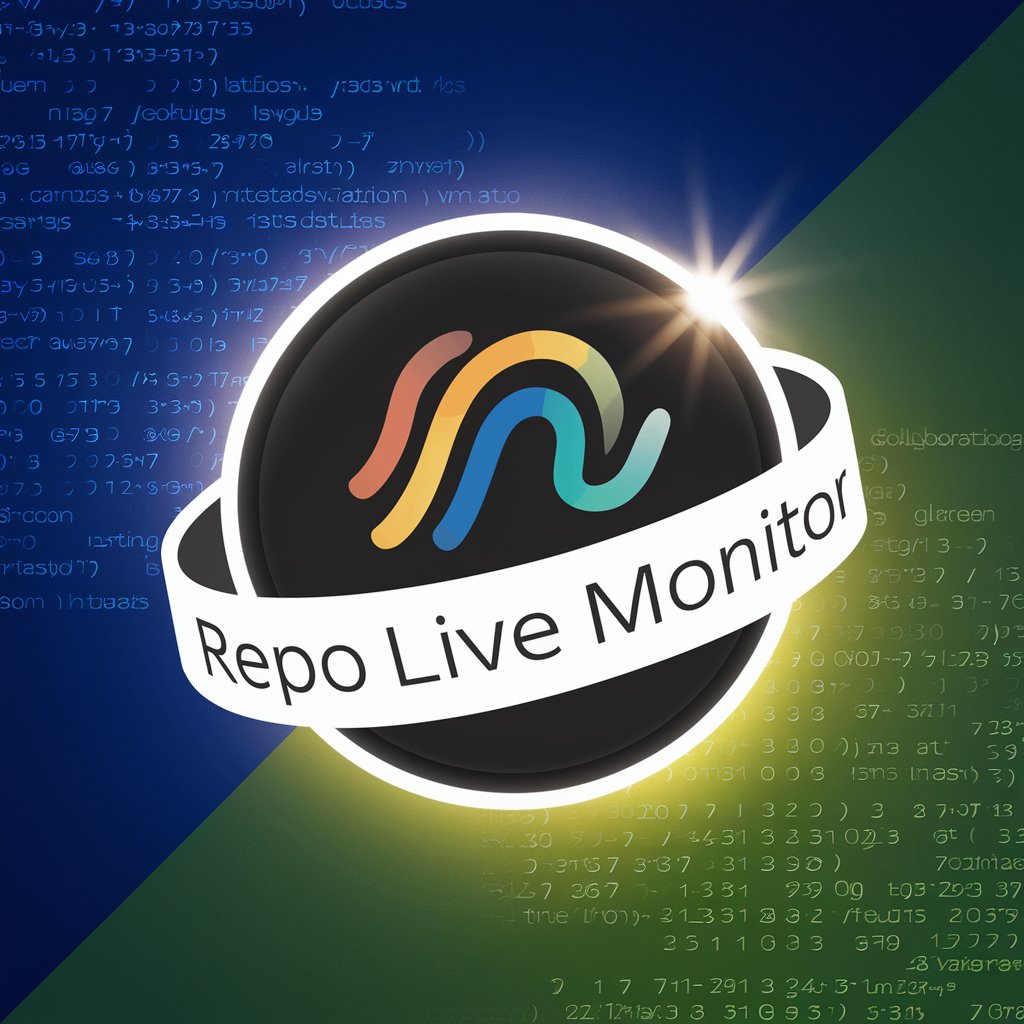Repo Analyzer - In-depth Repository Analysis

Welcome to Repo Analyzer, your guide to open-source insights!
Empower your code with AI-driven insights.
Analyze the current state of the open pull requests in the repository...
Review the latest release notes and summarize the key updates...
Examine the code structure of the repository and identify any innovative approaches...
Evaluate the author comments to understand the future direction of the project...
Get Embed Code
Overview of Repo Analyzer
Repo Analyzer is a specialized tool designed to scrutinize open-source repositories on platforms like GitHub and GitLab. It delves into the structural intricacies of codebases, examining the innovative methodologies employed within. By analyzing open Pull Requests (PRs), Repo Analyzer identifies ongoing challenges and areas of active development, providing insights into the current health and progress of projects. It also reviews release notes and author comments, offering a forward-looking perspective on the repository's future trajectory. For example, when applied to a popular open-source project, Repo Analyzer could highlight areas of the code that are frequently updated, pinpoint bottlenecks in the development process, and forecast upcoming features or improvements based on the historical and current data trends. Powered by ChatGPT-4o。

Core Functions of Repo Analyzer
Code Structure Analysis
Example
Evaluating the modular design and dependency management in a project.
Scenario
In a large-scale open-source project, Repo Analyzer can identify overly complex code regions or tightly coupled modules, suggesting refactoring opportunities to improve maintainability and scalability.
Pull Request Review
Example
Assessing the quality and impact of open PRs on the project's progress.
Scenario
For an active repository, Repo Analyzer could analyze the PRs to detect recurrent issues, review times, and collaboration patterns, helping to streamline the development workflow and prioritize tasks.
Release Notes and Commentary Analysis
Example
Interpreting the historical progression and future plans of a project through its documentation and developer comments.
Scenario
Using Repo Analyzer, stakeholders can gain insights into the project's evolution and strategic direction, facilitating informed decision-making for resource allocation and feature development.
Target Audience for Repo Analyzer
Open-Source Project Maintainers
These users can leverage Repo Analyzer to manage and optimize the development lifecycle of their projects, ensuring efficient progression and maintaining high-quality code standards.
Software Development Teams
Teams can use Repo Analyzer to assess code quality, streamline the pull request process, and plan future development sprints, making it an essential tool for improving team productivity and project outcomes.
Technical Analysts and Consultants
They can use Repo Analyzer to perform in-depth analysis of projects, offering valuable insights and strategic recommendations to clients or internal stakeholders, thereby driving technical excellence and innovation.

How to Use Repo Analyzer
Start your journey
Access a no-cost trial at yeschat.ai, no sign-up or ChatGPT Plus subscription required.
Select a repository
Input the URL of the GitHub or GitLab repository you wish to analyze. Ensure the repo is public or you have access if it's private.
Choose analysis type
Specify the type of analysis you need: code structure, pull request review, or future direction insights. You can select multiple types for a comprehensive review.
Review the report
After processing, examine the detailed report provided by Repo Analyzer. It includes insights on code quality, ongoing challenges, and potential future developments.
Apply insights
Utilize the insights for project improvement, addressing code issues, understanding community engagement through PRs, and preparing for future updates.
Try other advanced and practical GPTs
Repo Ranger
Elevate code security and pipeline efficiency with AI.

Story Weaver
Craft and visualize educational stories with AI

Market Maven
Unveil market insights with AI-powered analysis.

Market Maven
Empowering Decisions with AI-Powered Market Insights

Market Mavric
Empowering Your Forex Trading Journey with AI

Market Insights
Empowering Decisions with AI-driven Market Insights

Repo Explorer
Explore trending GitHub repositories, powered by AI.

Cofounder Repo Helper
Empowering SAAS innovation through AI collaboration.

Repo Explorer
AI-powered coding guidance for modern web development

HAAS Repo Live Monitor
AI-powered GitHub Repository Monitoring

FLIPPER ZERO REPO GUIDE
Unlock Your Flipper Zero's Full Potential

Lingo Chat
Revolutionize language learning with AI

FAQs about Repo Analyzer
What types of repositories can Repo Analyzer assess?
Repo Analyzer is capable of evaluating public and private repositories hosted on GitHub and GitLab, covering a wide range of programming languages and project sizes.
How does Repo Analyzer handle private repositories?
For private repositories, users must grant temporary access or use a specific access token. Repo Analyzer ensures data privacy and security throughout the analysis process.
Can Repo Analyzer predict the future direction of a project?
Yes, by analyzing release notes, author comments, and ongoing pull requests, Repo Analyzer can provide insights into the likely future developments and focus areas of the project.
How can Repo Analyzer aid in improving code quality?
Repo Analyzer reviews code structure, identifies anti-patterns, suggests best practices, and evaluates pull request discussions to highlight areas for improvement and optimization.
Is Repo Analyzer suitable for academic research?
Absolutely, academics can use Repo Analyzer to study open-source software development practices, analyze code evolution, and understand the dynamics of community contributions and project management.
